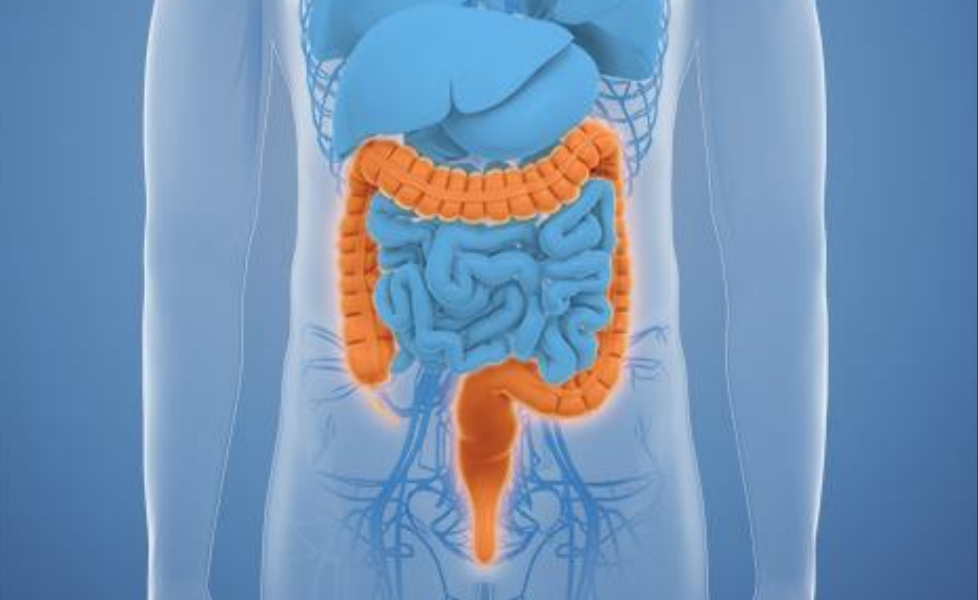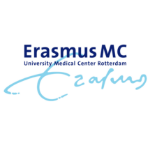Smart drain for early detection of post-operative infection
ExuCheck seeks to provide a breakthrough in the early detection of infection resulting from colorectal anastomosis leakage, a potentially fatal complication of colorectal surgery. The innovation includes a sensor that constantly monitors wound drainage, as well as an algorithm to analyse the biomarkers that are measured.
Origins
Despite the progress made in surgical techniques and perioperative management, morbidity and mortality after colorectal surgery remain problematic. One of the major causes is colorectal anastomotic leakage (CAL), which occurs in 3% to 20% of patients. The median day of diagnosis, based on clinical signs and confirmed by CT-scan, varies from postoperative days 8 to 13. This indicates that many early stages of CAL are not diagnosed until progressing to a severe state.
Team
Key experts:
- Medical device development, manufacturing: Dagmar Guyader of Medtronic
- User needs, usability evaluation: Christel Schwartz of UGA and Camille Roux of Floralis
- Sensor research and innovation: Karen Monsalve-Grijalba and Pascal Mailley of CEA-Leti
- Communication system, HMI: Bernard Stempin of Maatel
- Medical device clinical investigation: Pim Edomskis of Erasmus MC
- Medical supervision: Pr Faucheron and Dr Trilling of UGA/CHUGA
- Technology transfer: Frédéric Rufi of Bürkert
The project
The consortium involved in ExuCheck is developing a complete monitoring system to allow for much earlier detection of infection resulting from colorectal anastomosis leakage. This project will allow the consortium to mature the system and bring it to the door of clinical evaluation. The solution is structured around three innovative subsystems:
- The analytical device, including pH and lactate sensors, to continuously measure the concentration of biomarkers in bodily fluids (exudates), and the electronic controller, to read and send the data to a display – with smartphone via an app or with a monitoring platform via the hospital central server. The analytical device will be inserted seamlessly by medical staff into the drain line classically used after colorectal surgery. Its design must ensure smooth adoption by the medical teams and should limit surgical procedure modifications.
- The clinical algorithm, to trigger alerts according to biomarker changes. The algorithm will be established based on data provided by a medico-economic clinical trial.
- The clinician interface, to allow the clinicians to follow the evolution of biomarkers and receive alerts. A usability study will provide inputs for development of the interface.

Impact
Earlier detection will limit post-operative complications and allow conservative measures, helping limit the chronic diseases associated to anastomotic leakage, such as colorectal cancer and permanent colostomy. Patients will benefit from improved post-operative follow-up and better long-term quality of life. Medical professionals will benefit from improved and continuous monitoring of post-operative infections. Payers benefit from decreased re-admission rate and more efficient treatment.
Why this is an EIT Health project
This project is in keeping with the EIT Health Focus Area of “Healthcare Continuum Pathways” because it offers a preventive solution with the potential to help check and reduce the onset of chronic conditions and fatalities.
External partner
Maatel
Partners

CLC/InnoStars: France
Partner classification: Research, Tech Transfer, Clusters, Other NGOs
Partner type: Core Partner
The CEA is a public organisation,leader in research, development and innovation, active in 4 main areas: low-carbon energies, defense and security, information technologies and technologies for health, promoting the transfer from research to industry.
Key Activities in Business Creation
Incubation, Technology Transfer






CLC/InnoStars: Belgium-Netherlands
Partner classification: Education, Research, Hospital / University Hospital
Erasmus University Medical Center Rotterdam (Erasmus MC) is the largest university medical center in The Netherlands with around 16,500 employees, and a top referral hospital for a region of about five million inhabitants. A unique infrastructure bringing multidisciplinary research and healthcare together at one location allows Erasmus MC to excel in fundamental research, fast translation of findings into the clinic including first-in-man testing and clinical implementation, and epidemiological studies.
Technical university medical center: Technology is at the core of the new strategy. Erasmus MC focuses on the use of technology and data science to foster innovation in a variety of fields – from medical instruments and devices, minimally invasive surgery, imaging and image analysis, information technology and smart data technology to artificial intelligence, machine learning and biomedical technology.
Erasmus University Medical Centre Rotterdam
Erasmus University Medical Centre Rotterdam, Dr. Molewaterplein 40, 3015 GD Rotterdam, The Netherlands
Key Activities in Research and Developement
Life Sciences, Social sciences / health economics, Clinical research
Key Activities in Social Innovation
Healthcare provision
Key Activities in Business Creation
Technology Transfer
Key Activities in Education
Medical faculties, Healthcare professional education/training






CLC/InnoStars: France
Partner classification: Education, Research, Tech Transfer, Clusters, Other NGOs
Partner type: Core Partner
The UGA in Grenoble is a leading University of Science Technology and Health. Within 80 multidisciplinary laboratories, the UGA is developing outstanding research at national and international level. The UGA offers a wide range of training courses, from bachelor to doctorate, in close connection with the socio-professional environment to promote the integration of its students.
Université Grenoble Alpes (UGA)
621 Avenue Centrale, 38400 Saint-Martin-d'Hères
Key Activities in Research and Developement
Biomedical engineering, Life science, Social sciences /health economics
Key Activities in Corporate Innovation
Pharma, Med Tech, ICT, Diagnostics, Imaging, Nutricion
Key Activities in Business Creation
Incubation, Technology Transfer, Business coaching
Key Activities in Education
Entrepreneurship training, Technical faculties, Medical faculties, Healthcare professional education/training


